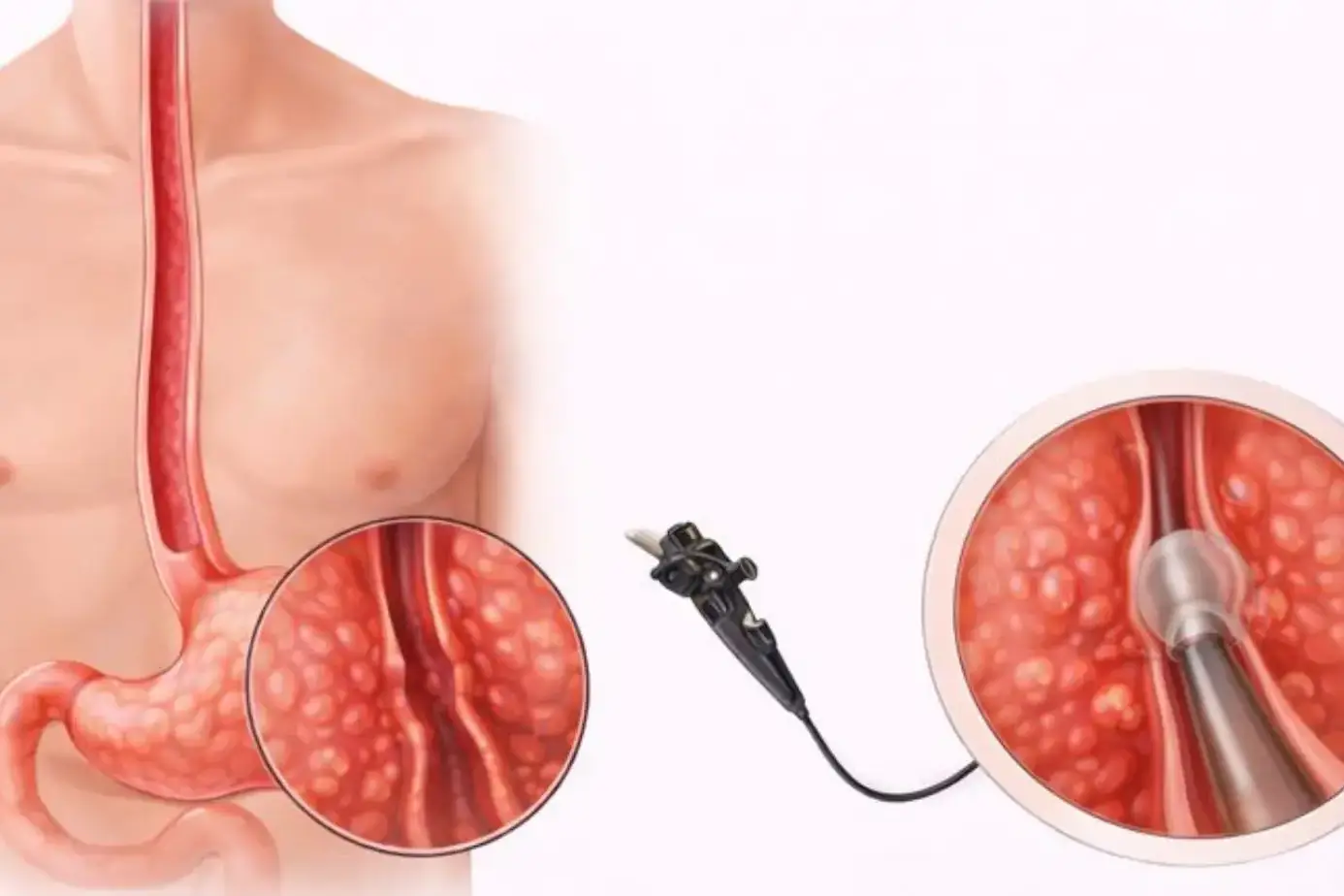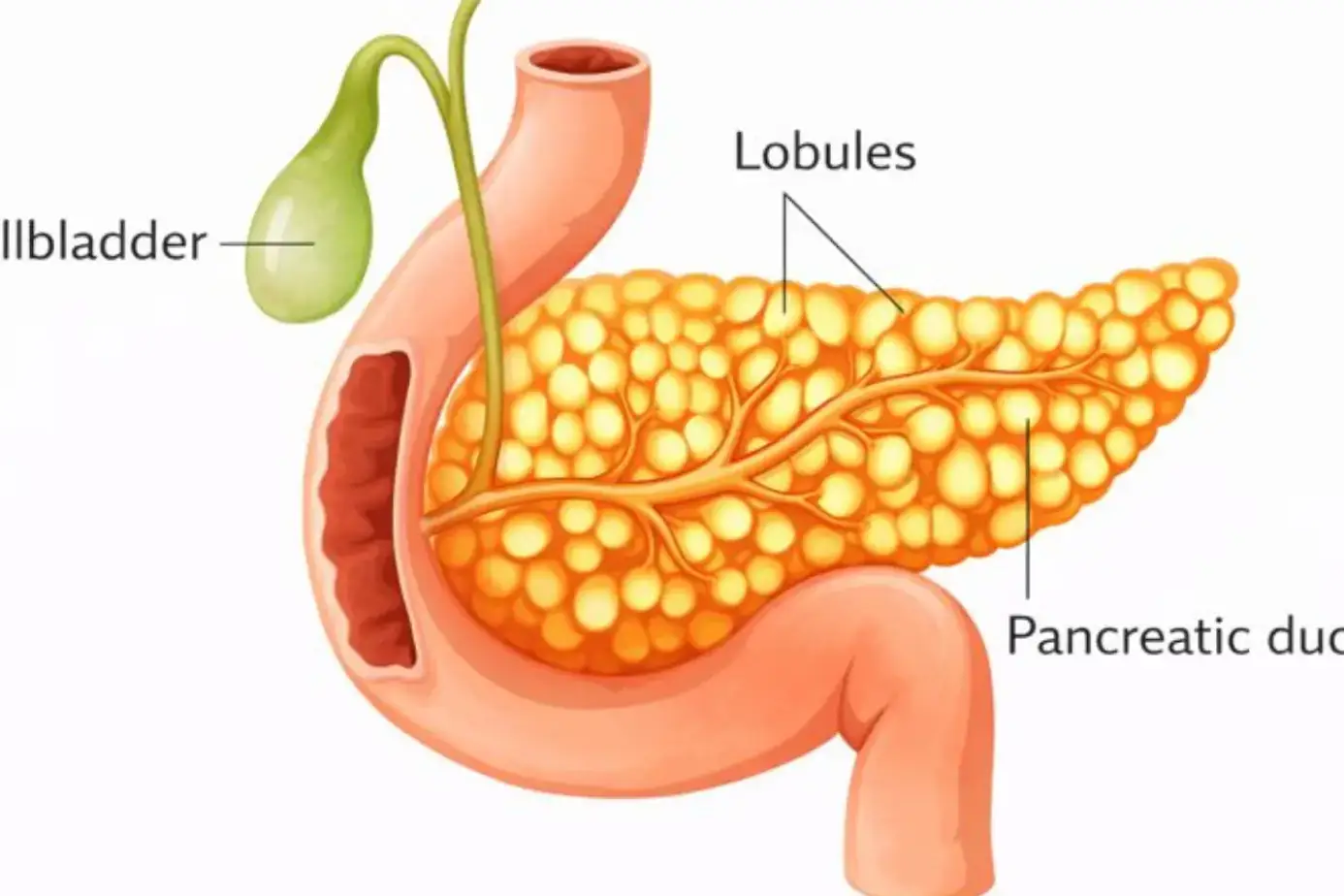Keeping your gut healthy is key to feeling good overall. Probiotics, the good bacteria in your gut, help your gut health a lot. By taking the best probiotic for your gut, you can make your gut flora better and get many health benefits.
Table of Contents
ToggleYour gut has a lot of microbes that affect your digestion, immunity, mental health, and skin health. If your gut is not balanced, you might feel bloated, have acid reflux, or be sensitive to food. The right probiotics can fix these problems and make your gut healthier.
Finding the best probiotic for your gut is important for your body’s health. By picking a high-quality, well-studied supplement, you help your gut work better. Look into the best probiotics to improve your gut flora and get on the road to better health.
The Importance of Gut Health

Your gut health is key to feeling good overall. It’s filled with trillions of microbes like bacteria, yeast, and viruses. These tiny friends help keep your gut working right. They’re vital for good gut health and function.
The Gut Microbiome and Its Role in Health
A healthy gut microbiome is crucial for digestion, absorbing nutrients, and keeping your immune system strong. Good bacteria, or probiotics, break down your food and help you get the nutrients you need. They also stop bad bacteria and other harmful microbes from growing. This keeps your gut in balance.
But if your gut microbiome is off balance, you might have digestive problems, a weak immune system, or trouble managing your weight. Keeping your gut microbiome diverse and healthy is key. It’s important for gut health importance, gut microbiome function, and getting the most out of probiotic for digestive health.
Eating foods high in probiotics or taking supplements can help keep your gut microbiome healthy. This supports your overall health and well-being.
Signs of an Unhealthy Gut

An imbalance in the gut, known as gut dysbiosis, can cause various problems. This imbalance means there are more bad bacteria than good ones. It’s important to fix this balance by eating better, changing your lifestyle, and using probiotics.
Some common signs of an unhealthy gut include:
- Gas and bloating
- Acid reflux
- Upset stomachs
- Sugar cravings
- Bad breath
- Food allergies or intolerances
- Trouble sleeping
Noticing these signs can help you fix your gut health. It’s key to take steps to balance your gut microbiome.
Knowing the symptoms of gut dysbiosis helps you support your gut. This means better digestion and immune health. Fixing an unhealthy gut can make you feel better and improve your life quality.
Best Probiotic Strains for Intestinal Health

Keeping your gut healthy is key to feeling good overall. The right probiotics can really help with that. Bifidobacterium bifidum, Lactobacillus acidophilus, and Lactobacillus plantarum are top choices for gut health.
Bifidobacterium bifidum: Supporting Digestion
Bifidobacterium bifidum is great for breaking down food and making digestion smoother. It helps your body absorb important nutrients better. This can make your gut work better and support a healthy digestive system.
Lactobacillus acidophilus: Boosting Immunity
Lactobacillus acidophilus is a strong probiotic that’s good for your gut. It helps your immune system by growing good bacteria and stopping bad ones.
Lactobacillus plantarum: Alleviating Digestive Issues
Lactobacillus plantarum can ease symptoms of IBS and ulcerative colitis. It helps balance the gut and reduces digestive discomfort.
When picking a probiotic supplement, choose one with these strains and others. This way, you’re giving your gut the best support for digestion and immune health.
Probiotic Foods for Gut Health

There are many natural ways to get probiotics for a healthy gut. Foods like yogurt, kimchi, sauerkraut, and kefir are great choices. They are full of good bacteria that help with digestion and keep the gut balanced.
Other foods also have probiotics, such as sourdough bread, kombucha, and some aged cheeses. Adding these foods to your meals can help increase your gut flora. This supports your overall gut health.
Probiotic-Rich Foods to Try
- Yogurt
- Kimchi
- Sauerkraut
- Kefir
- Sourdough bread
- Kombucha
- Aged cheeses
Try different fermented foods for gut health to support your gut. Eating a variety of probiotic rich foods is tasty and good for your digestion. Find the ones you like best.
Best Probiotic for Intestinal Health

Ritual Synbiotic+ is a top choice for gut health. It’s filled with probiotic strains that are backed by science. This supplement also includes prebiotics and postbiotics for a complete gut health plan.
It features Lactobacillus rhamnosus (LGG®) and Bifidobacterium animalis ssp. lactis (BB-12®). These strains help with many health issues, like ulcerative colitis and lactose intolerance. They also aid in digestion and lessen antibiotic-related diarrhea.
Ritual Synbiotic+ doesn’t just stop there. It has prebiotic fibers to feed the good gut bacteria. It also includes postbiotics, which are made during probiotic fermentation. This makes it a great choice for gut health.
If you often have digestive issues or just want a healthy gut, Ritual Synbiotic+ is a great option. It has strains that are proven to work well, along with prebiotics and postbiotics. This makes it a top pick for gut health.
Benefits of Probiotics for Gut Health

Probiotics are good bacteria that live in your gut. They are key to keeping your digestive and metabolic health in check. These friendly microbes bring many benefits that help your gut stay healthy.
Support Nutrient Absorption and Digestion
Probiotics make it easier for your body to break down and digest food. This means your body can absorb the nutrients it needs better. They also help with gas, bloating, and constipation, making your gut healthier.
Discourage Harmful Bacteria Growth
A healthy gut has a balance of good and bad bacteria. Probiotics keep this balance by stopping bad bacteria from growing. This prevents digestive problems and other health issues.
Improve Symptoms of Gastrointestinal Conditions
Studies show probiotics can help with symptoms of conditions like IBS, ulcerative colitis, and diarrhea. They support gut health, reducing discomfort and effects of these conditions.
Adding probiotics to your daily routine can improve your digestive health and overall gut health. You can get them from foods or supplements. Taking care of your gut flora greatly benefits your overall health.
Lifestyle Changes for Better Gut Health

Keeping your gut healthy is more than just about probiotics. Making some lifestyle changes can really boost your gut health and digestion. Here are some tips to help you keep your gut in top shape.
Stay Hydrated
Drinking enough water is key for gut health. It helps with digestion, gets rid of toxins, and keeps gut bacteria balanced.
Eat Fiber-Rich Foods
Eat more fruits, veggies, whole grains, and legumes to feed the good gut bacteria. Fiber is like food for probiotics, helping them grow and thrive.
Limit Sugar and Processed Foods
Too much sugar and processed foods can mess up your gut balance. Choose whole foods as much as you can to help your gut.
Exercise Regularly
Exercise can make your gut microbiome healthier. Even simple activities like walking can help your digestion.
Manage Stress
Too much stress is bad for your gut. Try stress-reducing activities like meditation, yoga, or deep breathing to help your gut.
By adding these lifestyle changes to a good probiotic, you can really boost your gut health. This supports your overall health and well-being.
Choosing the Right Probiotic Supplement

Choosing the right probiotic supplement is key for good gut health. The quality of your supplement greatly affects its effectiveness.
Look for Well-Researched Probiotic Strains
Not all probiotic strains are the same. Pick a supplement with strains like Lactobacillus rhamnosus and Bifidobacterium animalis. These strains are proven to help your gut and overall health.
Ensure a High CFU Count
The CFU count in a probiotic matters. Aim for a product with 10-50 billion CFUs per serving. This ensures you get enough probiotics to support your gut.
Prioritize Third-Party Testing
Choose a supplement tested by third parties. This ensures it’s safe, potent, and pure. Independent testing confirms the product’s quality and safety.
Remember these tips when picking a probiotic supplement. This way, you’ll choose a quality product that helps your gut health.
Potential Side Effects of Probiotics

Probiotics are usually safe and good for your gut health. But, some people might feel mild side effects when they start taking them. These side effects of probiotics are often short and will go away as your body gets used to the good bacteria.
Common side effects of probiotics include gas, bloating, and some stomach discomfort. This happens because the probiotics are making more gas and causing some upset in your stomach. But, these issues usually don’t last long and will get better in a few days or weeks.
To avoid side effects, start with a small dose of probiotics and slowly increase it. This lets your gut get used to the new bacteria without too much trouble. Be patient, as the good effects of probiotics on your gut health are worth the initial adjustment period.
If you keep having bad side effects, like a lot of bloating, stomach pain, or diarrhea, talk to your doctor. They can check if the probiotics are right for you and change your supplement plan if needed.
Consulting a Healthcare Professional
When it comes to your health, always play it safe. If you have a health condition or take medicines, talk to a healthcare professional before starting probiotics. They can tell you which probiotics and how much you should take because of your health or medicines.
Probiotics can greatly improve gut health, but they’re not for everyone. A healthcare provider can make sure you’re using probiotics safely and effectively. They’ll give you advice on the best strains and amounts for your health needs. This is especially true if you want to consult healthcare professional before taking probiotics or manage a gut health issue.
It’s smart to talk to a healthcare professional before adding probiotics to your life. They can guide you through the world of probiotics. This way, you get the most benefits without any risks or side effects.
Key Considerations When Consulting a Healthcare Professional
- Talk about any health issues you have, like probiotics and medical conditions such as IBS, Crohn’s disease, or diabetes.
- Let them know what medicines you’re taking, as they might not mix well with probiotics.
- Share any gut problems or worries you have.
- Ask about the best probiotic strains and how much to take for your health.
- Get advice on how long and when to take probiotics.
Working with a healthcare professional ensures your probiotics are safe and right for you. Don’t be shy to ask questions or share your concerns. Your gut health and overall well-being are too important to risk.
Conclusion
Finding the best probiotic supplement for gut health is key to boosting your gut flora and improving your health. Probiotics help with digestion, nutrient absorption, immune function, and reducing inflammation. When picking a probiotic, choose one with proven strains, a high CFU count, and third-party testing for quality, like Ritual Synbiotic+.
Also, making healthy lifestyle changes helps your gut microbiome. Drink plenty of water, eat foods high in fiber, and manage stress. If you have health issues, talk to a doctor before starting probiotics.
By using the right probiotic and living a gut-friendly life, you can improve your gut health and overall well-being.
FAQ
What is the importance of gut health?
Our gut is home to trillions of microbes, like bacteria and viruses. A healthy balance of these microbes is key for digestion and overall health. Probiotics help break down food and absorb nutrients. They also stop harmful bacteria from growing, boosting our health.
What are the signs of an unhealthy gut?
An unhealthy gut shows signs like gas, bloating, and acid reflux. You might also feel stomach upset, crave sugar, have bad breath, or suffer from food allergies. Sleep problems can also indicate an imbalance in the gut.
What are the best probiotic strains for intestinal health?
For gut health, Bifidobacterium bifidum, Lactobacillus acidophilus, and Lactobacillus plantarum are top choices. Bifidobacterium bifidum aids digestion. Lactobacillus acidophilus boosts nutrient absorption and immune function. Lactobacillus plantarum helps with IBS and ulcerative colitis symptoms.
What are some probiotic-rich foods that can support gut health?
Foods like yogurt, kimchi, sauerkraut, and kefir are packed with probiotics. You can also find them in sourdough bread, kombucha, and aged cheeses.
What are the benefits of probiotics for gut health?
Probiotics improve digestion and nutrient absorption. They also stop harmful bacteria from growing. Studies show they help with IBS, ulcerative colitis, and diarrhea symptoms.
What lifestyle changes can help improve gut health?
To boost gut health, drink plenty of water, eat fiber-rich foods, and cut down on sugar and processed foods. Regular exercise and managing stress are also key.
What should I look for when choosing a probiotic supplement?
Choose a probiotic with well-studied strains and a high CFU count. Make sure it’s tested for quality and purity by third-party organizations.
Can probiotics have any side effects?
Some people might feel gas, bloating, or stomach discomfort when starting probiotics. These effects are usually short-lived and should lessen as your body adjusts.
When should I consult a healthcare professional before taking probiotics?
Talk to a healthcare professional before starting probiotics if you have a medical condition or are on medications. They can guide you on the best probiotics and doses for your situation.
Source Links
About The Author

Medically reviewed by Dr. Nivedita Pandey, MD, DM (Gastroenterology)
Dr. Nivedita Pandey is a U.S.-trained gastroenterologist and hepatologist with extensive experience in diagnosing and treating liver diseases and gastrointestinal disorders. She specializes in liver enzyme abnormalities, fatty liver disease, hepatitis, cirrhosis, and digestive health.
All content is reviewed for medical accuracy and aligned with current clinical guidelines.





